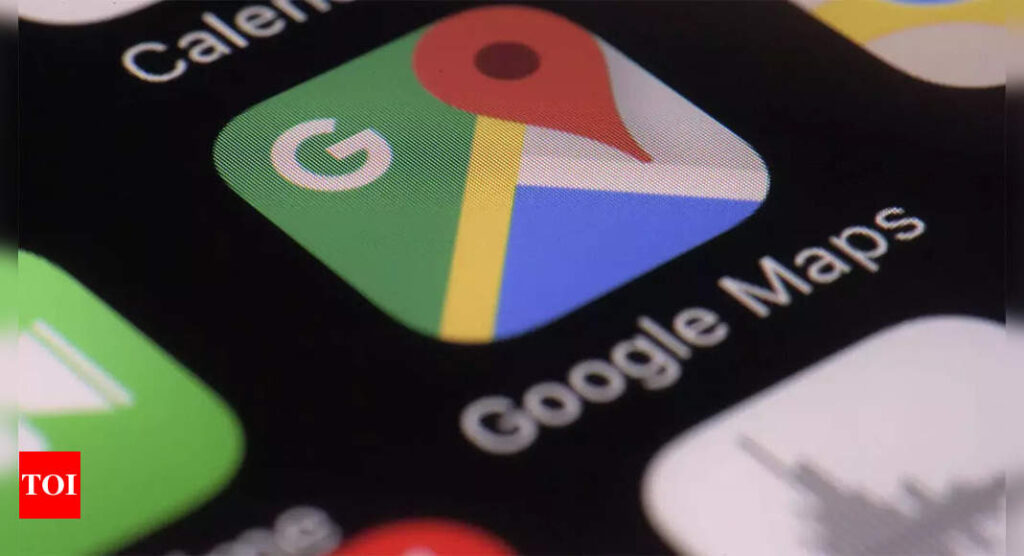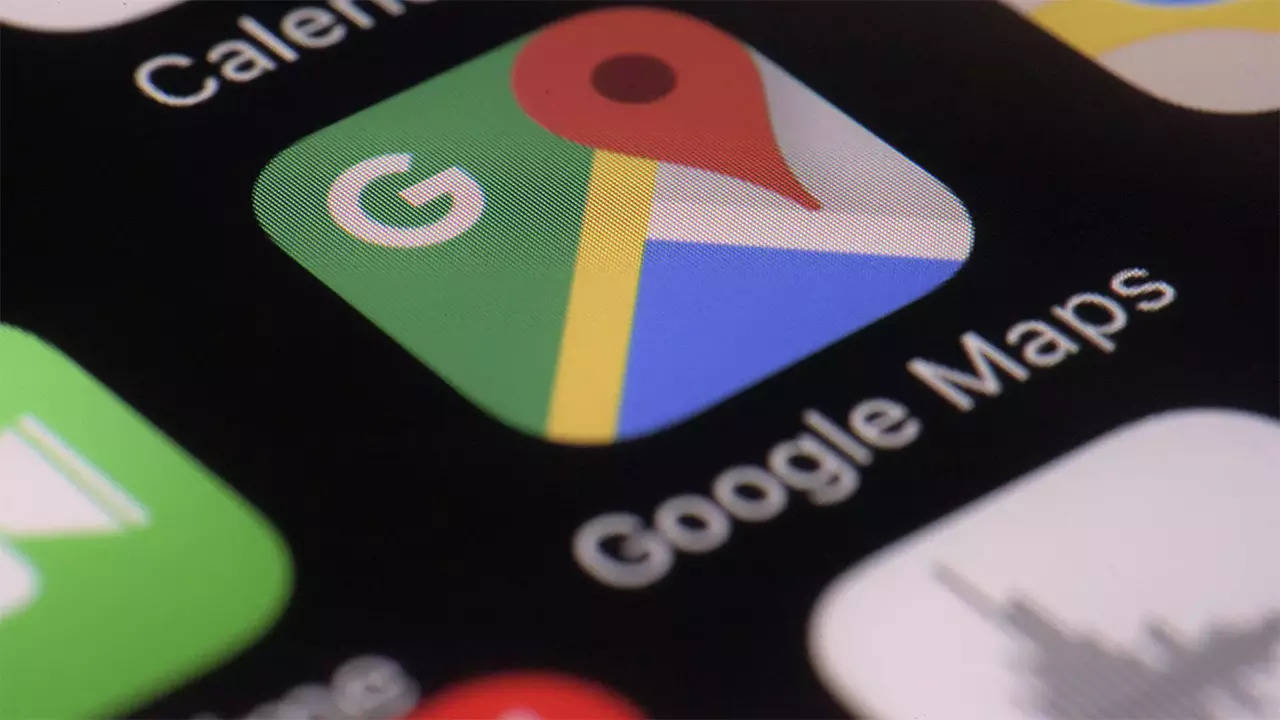[ad_1]
How these features will help users
Firstly, Google has introduced a feature that will constantly monitor contributed content and detect any unusual patterns. The company has promised whenever it detects any such content, it will act fast and implement protections to prevent further abuse. For this, Google will take down the fake content or will temporarily disable new contributions from the user.
For example, the company saw a sudden spike in 1-star reviews on a local bar in Missouri, US. To stop the abuse, Google disabled the rating function temporarily on the place so that the bar’s rating would not be further affected. Meanwhile, the company also removed policy-violating reviews and started investigating the accounts that have left the reviews.
Moreover, the company also noted that it’s now focusing more on preventing abuse ahead of sensitive times like elections or other important events. Google will be proactively protecting places during times when there’s an uptick in off-topic and unhelpful content.
For instance, the US polling stations tend to receive contributions on Google Maps which are unrelated to the experience of visiting that location, especially around elections.
In 2020, the company limited the ability for people to suggest edits to phone numbers, addresses and other factual information for places like voting sites to help avoid the spread of election-related misinformation.
Lastly, Google will not allow Maps reviews for specific places like prisons and police stations. These places benefit from longer-term protections since user contributions are consistently unhelpful, harmful or off-topic.
In such cases, the company may inform users when contributions to certain places can’t be accepted. For example, if someone is looking to write a review for a prison on Google Maps, they may find a notification banner that says this functionality is turned off with a link to learn more about Google’s policies. Even in cases where the company imposes restrictions, people can still see helpful information about these places, like their addresses, websites and phone numbers.
[ad_2]
Source link











More Stories
Google Maps: Three privacy features coming to Google Maps on Android, iPhones
Most-Downloaded IPhone App: This Chinese app was the most-downloaded iPhone app in the US in 2023
Ukraine’s largest mobile operator goes offline for millions of users after cyber attack